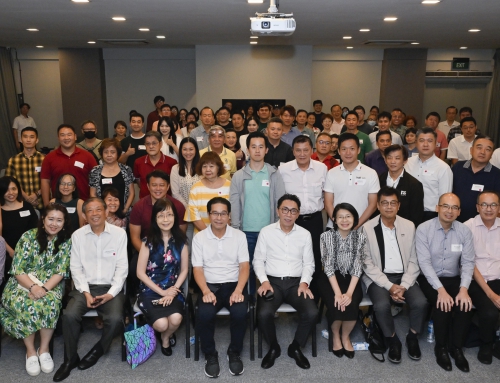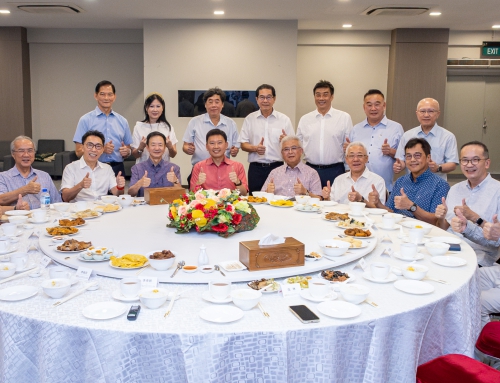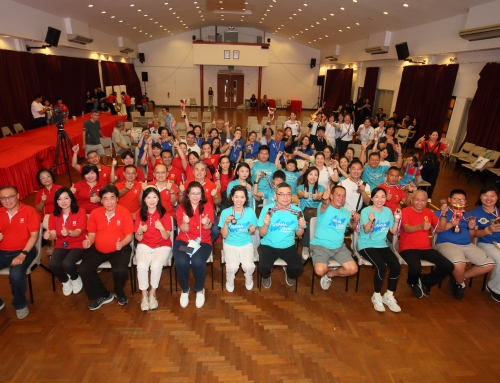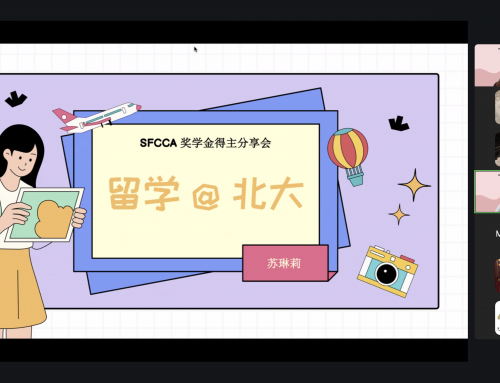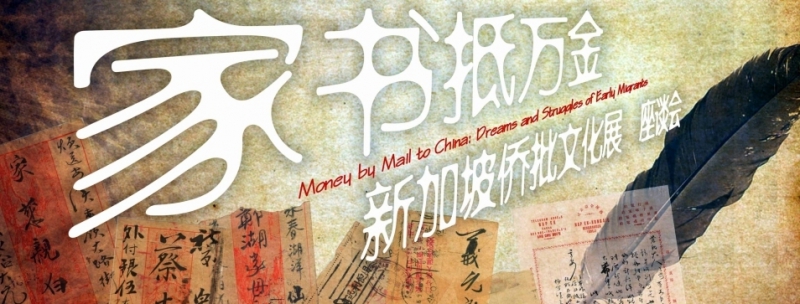
Entitled “Money by Mail to China: Dreams and Struggles of Early Migrants”, the exhibition on remittance letters, organised by the Singapore Federation of Chinese Clan Associations and National Library Board of Singapore, in partnership with the Quanzhou Archives, Fujian Province, China, runs from 13th September 2012 to 27th January 2013 at the National Library of Singapore.
“Remittance letters”, also known as yin xin, are family letters or notes that Overseas Chinese sent to their home country, along with cash for their families. As unique personal records in the history of human immigration, remittance letters were selected by the United Nations Educational, Scientific and Cultural Organization (UNESCO) to be listed in the Asia-Pacific Memory of the World Register in May 2012.
The remittance letters provided precious historical information for families, and document Singapore’s social, financial, postal and immigration history, which is why they have high academic values in the academic arena.
The seminar held on 15th September 2012 at National Library Level 5 received an overwhelming response for the seminar, having a full house. Singapore historian Mr Kua Bak Lim, Assoc Professor Lee Chee Hiang from NUS Chinese Department, Academic Huang Qinghai from Quanzhou Overseas Chinese History Academic society, and Ye Fenrong from Quanzhou Archives shared their knowledge with the audience attending the seminar.
Local historian Kua Bak Lim pointed out that “remittance letters” is a unique form of historical documentation, which combines personal letters and remittance records. The remittance letters supplement the grey areas of official archives, which often lack records from the grassroots level, thus serving as valuable documentation for the research of China’s society in the latest centennial. Relevant topics that are derived from researching “remittance letters” include the mode of operations, routes of delivery and the role of remittance agencies at that time. Such remittance letters were deemed to be unique and worth the effort researching.

